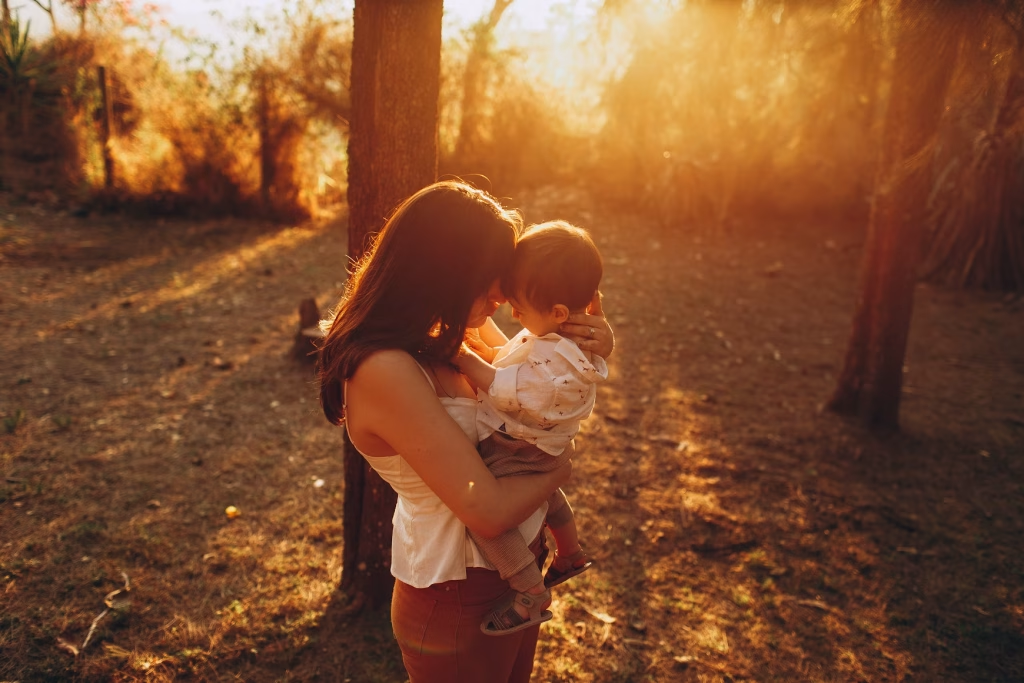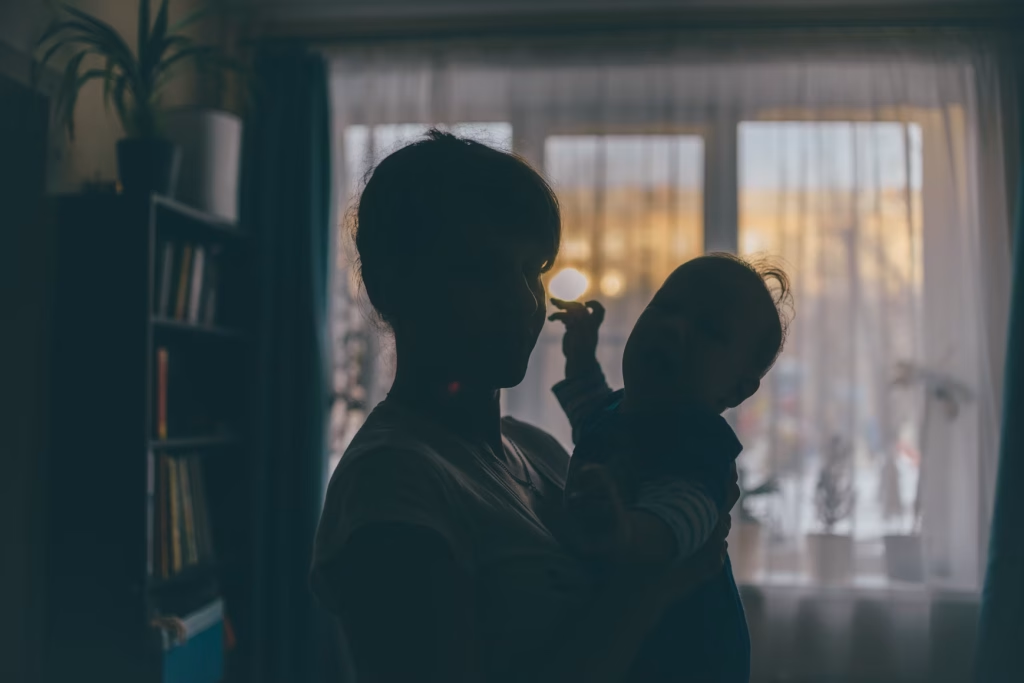
Parenthood is life-changing, but that doesn’t mean it’s easy to say goodbye to who you were before children came along. Maybe you miss sleeping in, impromptu outings, or just the luxury of a peaceful meal where no one’s demanding more ketchup.
And then there are your deeper parts: your professional drive, creative passions, social connections. These are more than just fleeting preferences – they’re core elements of who you are. Feeling nostalgia or even a sense of loss for your pre-parent identity doesn’t make you a bad mom or dad – it makes you human.
Let’s talk about why it’s perfectly okay to both love your children wholeheartedly and miss the version of yourself that existed before parenthood redefined your life
The Shift from “Me” to “Mom” (or Dad)
Becoming a parent can feel like a seismic shift. You’re no longer who you once were; you’re now someone’s entire world, and that changes your focus, your schedule, and even how you see yourself. Research confirms that parental identity is distinct—it isn’t just another role but can reshape your entire sense of self. According to Zero to Three’s articles on parental mental health, parents commonly experience internal conflicts as they juggle new responsibilities and feelings.
It’s natural to oscillate between moments of pride and moments of loss. Recognizing this tug-of-war can help you approach your changing identity with more kindness toward yourself.
Recognizing the Parts of You That Feel “Missing”
It’s not only about missing late-night adventures or Saturday brunches with friends. You might yearn for the elements of identity that gave you purpose or excitement—like your art practice, your career ambitions, or your travel bucket list.
While parenthood offers emotional rewards beyond measure, it’s normal to feel that some parts of “old you” got lost in the shuffle. A study published in the journal Frontiers in Psychology found that a strong parental identity can coexist with feelings of grief over lost personal freedoms.
Making a list of the things you miss can clarify which ones you might reclaim—even in small ways—so you don’t lose sight of what makes you, you.
The Role of Your Parenting Style in Identity Development
Interestingly, how you parent can also shape your own self-concept. Approaches that encourage autonomy and openness, for instance, can foster growth not just in your child, but in you as well. On the flip side, methods heavy in control or conditional approval may limit both your child’s and your own emotional well-being. Realizing that your parenting style can support or stifle your evolving identity might inspire you to adopt a more balanced, empathetic approach—one that respects your child’s individuality and your own.
Mental Health and the Parental Identity Equation
Parenthood is intense. Hitching your entire identity to being “Mom” or “Dad” can set you up for emotional swings when things go off track. However, experts note that intentionally committing to parenthood while maintaining self-awareness leads to healthier emotional outcomes. This balance often involves self-care – whether that’s talking to a therapist, carving out “me time,” or joining a supportive community of parents. Don’t let guilt convince you that focusing on your mental health is selfish; it’s vital to your well-being and family harmony.
The Ripple Effect: How Your Identity Influences Your Child
Your self-perception affects your child more than you might think. Parents who feel secure in their multidimensional identity typically model confidence and emotional health, which rubs off on their kids. By showing them that it’s normal to miss parts of yourself while embracing new responsibilities, you teach resilience and authenticity. Children learn that love for family and love for personal growth aren’t mutually exclusive.
So every time you honor who you are—whether it’s indulging a hobby or standing firm in your boundaries—you’re helping your child develop a well-rounded sense of self, too.

Starting Small: How to Reconnect with the Old You
You don’t need sweeping life changes to rediscover those lost pieces. Sometimes, tiny adjustments make a big difference:
- Mini-Rituals: Dedicate 15 minutes daily to read a book, paint, or revisit a creative interest.
- Ask for Help: Talk openly with your partner or close friends about needing some alone time—even an hour can recharge you.
- Blend Old and New: Combine your pre-parent self with parenting life. If you loved concerts, try a family-friendly outdoor show. If you miss cooking gourmet meals, invite your child to help chop veggies (safely!)
Practice Boundaries: It’s okay to say no sometimes—to social events, extra commitments, or even certain parenting “obligations” that weigh you down.
Rediscovering the Whole You Is a Form of Love
Feeling a twinge (or more) of loss for your pre-parent life doesn’t cancel out your devotion to your child—it underscores your humanity. Parenting demands a lot, but you shouldn’t have to lose the essence of who you are. By prioritizing all parts of yourself—past passions, present responsibilities, future dreams—you model authenticity and self-respect for your kids. And let’s face it: a parent who feels grounded and fulfilled is far better equipped to raise a resilient, confident child.
Do you find yourself missing the old you? Share how you balance your identity with parenting in the comments below. We’re all in this together, learning to love our families while still honoring the person we’ve always been.
Read More
- Warning Signs That Your Teen Might Be Struggling With Mental Health Issues
- 3 Mental Health Tips for New Moms

Samantha Warren is a holistic marketing strategist with 8+ years of experience partnering with startups, Fortune 500 companies, and everything in between. With an entrepreneurial mindset, she excels at shaping brand narratives through data-driven, creative content. When she’s not working, Samantha loves to travel and draws inspiration from her trips to Thailand, Spain, Costa Rica, and beyond.



